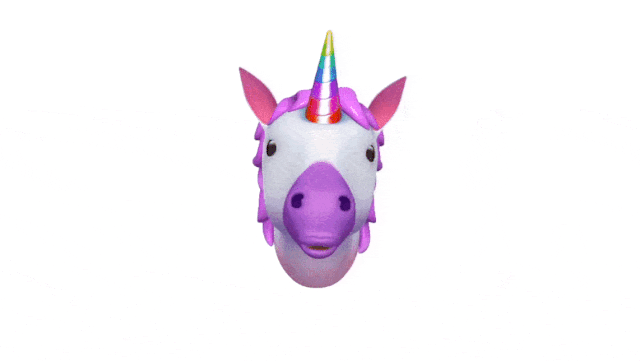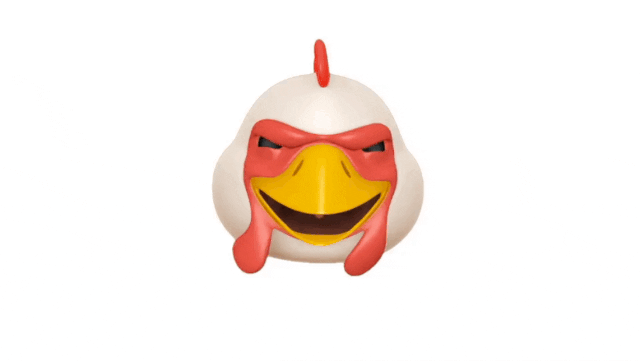Beyond The Trees
Novel Study
Author: Adam Shoalts. Project by Charlie Huang. Coded in HTML 5. Page best viewed in landscape.
Title: Beyond The Trees: A Journey Alone Across Canada's Arctic
Author: Adam Shoalts
Below, you'll find all my work for my novel study on Beyond The Trees.
Adam Shoalts (Main Character & Author):
- Page 7: "It was fortuitous perhaps, that I did so at a time when I was under one of those times of wanderlust and adventure that had a habit of stealing over me whenever I was shut up inside for too long."
Adventurous: Adam Sshoalts, the author and person in this book, is a very daring and adventurous person. He ventures out into the wild, whether into the cold canadian arctic, the wild forests of northern Canada, or some other remote place, in search of new places never mapped before, and seeking great adventures. The quote above shows how he can’t stay inside for too long without craving for adventure, as if adventure were a drug and he were under withdrawal.
- Page 38: "“When Morris saw me arrive, somewhat wearied from my hike, he looked me up and asked, “What kind of drugs are you smoking?” “None” I assured him. “So you’re just crazy, then?”"
Skillful: Throughout the book, Adam Shoalts demonstrates his skillful capabilities. He’s able to canoe upriver with fierce headwind along the Mackenzie, unheard of by other canoeists. He’s able to break and navigate around thick ice on a canoe. And he’s able to carry his canoe and travel through thick thickets, high mountains, swarms of bugs, extreme cold, and uneven terrain - all the while portaging hundreds of pounds of supplies. At first, no other person believed Adam when he said he was canoeing upriver across Canada’s arctic. The quote above is an example of a stranger thinking he were crazy from what he was doing.
- Page 57: "I waited until I could no longer hear the muskox anymore. Then I waited some more, casting glances every which way, trying to see through the ghostly grey spruces. Finally, when I’d convinced myself it was safe to do so, I climbed back into the tent and my sleeping bag."
Cautious: Adam is very cautious when it comes to dangerous wild animals lurking about. A giant muskox had appeared in the forest near his tent, and even after he got it to go away, he still stood there, extremely terrified, and very cautious to hear the slightest noise from an animal. Even though it had gone, he remained cautious.
Friendly Caribou Adam met during his trip:
- Page 143: "It was a lone caribou, a straggler who must have fallen behind...the straggler approached. To my surprise, at the sight of me, the caribou walked right up to me. I informed the caribou that the herd had gone west, and that if she didn’t dally she might yet catch up with them. The caribou didn’t seem to entirely understand me, but nonetheless she trotted off in the right direction."
Curious: In the remote arctic, there are no humans for thousands of kilometers. All the wild animals that Adam saw, including this caribou, were all very curious when they saw Adam. They’ve never seen a human before, and they don’t know that they’re ‘supposed’ to be scared of humans, like in the civilized world. This caribou was really curious at seeing a new two-legged creature trotting along, and came right up to Adam to take a look.
The majority of Beyond The Trees takes place in Canada’s barren, remote and exotic arctic. On top of the frigid, almost icy waters of the Canadian arctic, traveling upriver in a mountain valley with steep cliffs on each side of the 200 meter wide river. A desolate, cold, treeless tundra with fierce winds and just a few animal herds here and there. This is the setting of Beyond The Trees.
Page 3: "I watched as yet another day slipped away without any break in the wind and waves, which made paddling impossible and me trapped on the rock-strewn point. And each day lost, I knew, was a day closer to winter’s onset."
Problem: Adam Shoalts is on a solo expedition across Canada’s arctic on a canoe, but the huge waves, brutal wind, and the thick ice that stands in the way is preventing him from moving any further. It was only spring, and the weather would only get significantly worse in the fall, and he doubts if he’d make it to his destination before winter rolls in after the short summer and the bad & cold weather takes over his trip - and possibly his life. He needs to get moving soon so he could get across before winter’s onset, but the weather isn’t cooperating...
Words:
- Page 2: "The skies were grey and dismal,"
Dismal: The word “dismal” is used frequently throughout the text to describe the environment Adam is living in. The quote above is an example.
- Arctic: “Arctic” is an important word in this book as the entire plot takes place here. It’s the story of someone canoeing across the Arctic’s barren landscape. This made the expedition much more difficult then it would’ve been if it weren’t in the Arctic. Thus, “Arctic” is an important word in this book.
Images:
In the middle of the book, there were real colour pictures of Adam during his solo expedition across the arctic. The following are, in my opinion, the most important pictures, and why:
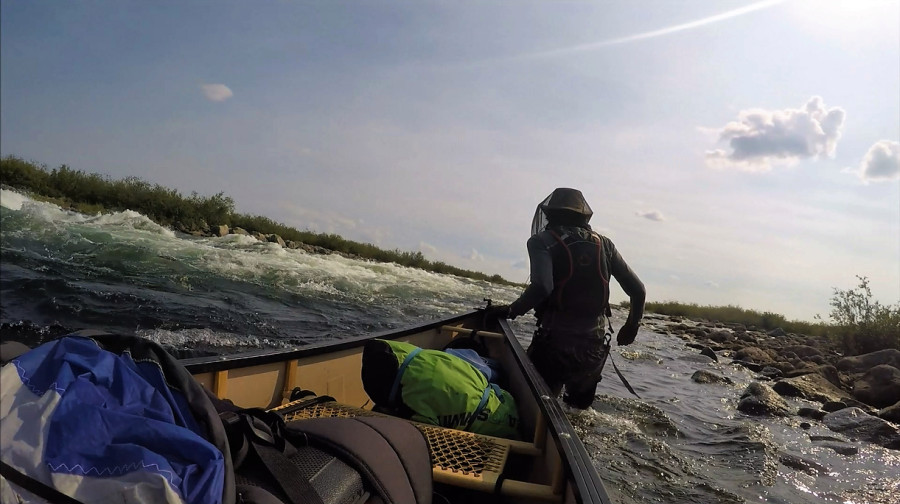 "Trying to maintain my balance and not twist an ankle while wading up rapids in a narrow channel connecting two lakes."
"Trying to maintain my balance and not twist an ankle while wading up rapids in a narrow channel connecting two lakes."
This picture is important as it represents what daily life was like for Adam. Every day, he would get up from his tent, pack up, pole or haul is canoe upriver, as the current would be too strong to paddle, do this for 12 hours, only stop for short periods of time for freeze-dried meals, stop, setup his tent, go to bed, and do this all over again the next day.
-
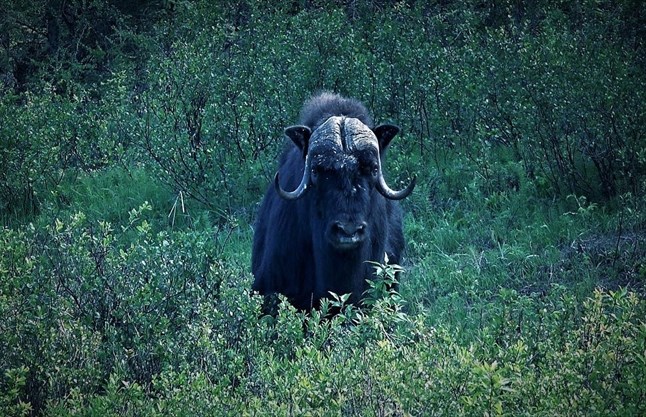 "It can be somewhat unsettling to find a muskox staring you down outside your tent at night."
"It can be somewhat unsettling to find a muskox staring you down outside your tent at night."
This picture is important as it represents the dangers Adam constantly faces in the wild. There are wild bears, muskox, and other dangerous animals and plants rarely seen by humans, and they lurk everywhere. Not long into Adam's treck did he see this giant muskox, which he estimated to weight half a ton. It can crush him in an instant, and he must constantly be alert for these dangers.
-
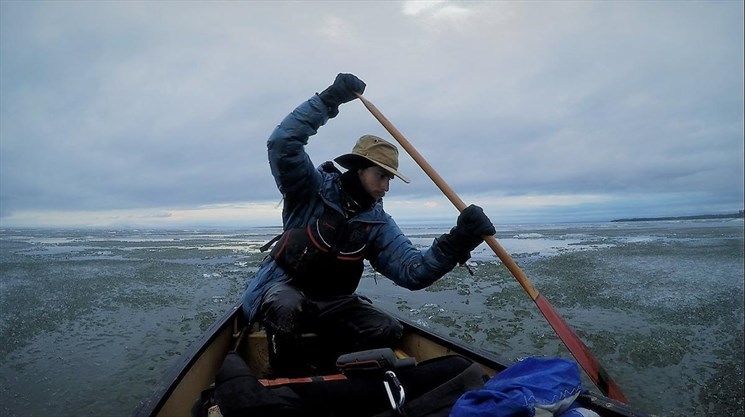 "Trying to break a passage through the ice."
"Trying to break a passage through the ice."
This picture is important as it represents the challenges Adam often faces. There were many, many times where the terrain Adam is faced with is difficult to canoe through, whether it be miles of ice or thick logjams. In this picture, he was able to canoe through the ice, which represents his skill in pushing through challenges.
-
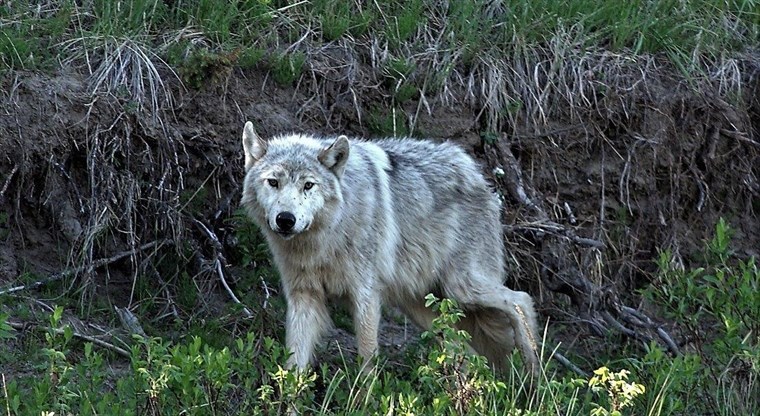 "One beautiful arctic wolf was particularily curious about me. He followed me along the riverbank for over a kilometer as I paddled along."
"One beautiful arctic wolf was particularily curious about me. He followed me along the riverbank for over a kilometer as I paddled along."
This picture represents the difference between our civilized world and the remote arctic, and how different the place is. In our civilized world, wild animals would run off or be scared at the sight of us. But in the remote arctic, where wild animals have never seen humans ever before they just stand there, bewildered, and curious at what strange 2-legged creature could be crossing their paths. This represents the many wonders and the uniqueness of the arctic.
Symbols:
- Page 103 & 104: "Up until now I’d been ahead of schedule, but Great Bear’s late ice breakup was a bad hand to be dealt. Even if I could get through the ice, wind and waves might still pin me down on the lake’s north shore. With a sinking feeling in my heart, I pictured the sands of time in an hourglass remorselessly running out, winter on the horizon."
🕚 Clock: I chose to have a clock symbol because Adam is always in a race against time. He must reach his destination point before winter’s onset or the consequences may be fatal, so no day can be wasted. Every day, he paddles as far as possible, and is always terrified with even the slightest delay. The quote above is an example where the time was important.
- Page 3: "I watched as yet another day slipped away without any break in the wind and waves, which made paddling impossible and me trapped on the rock-strewn point."
≋ Wind: Throughout the book, heavy winds have been a huge issue. It made paddling, especially paddling upriver against the wind, extremely difficult. It proved to be a major challenge in his solo expedition. The quote above is an example where the wind was a major challenge.
The theme in short: Go outdoors to appreciate nature, and work together to keep it the way it is (or make it better).
With our rapidly deteriorating world due to pollution, climate change, and civilization, nature is constantly threatened and plants and animals are going extinct fast. The theme of Beyond The Trees is that we all need to care more about the environment and truly appreciate what nature has to offer. We must enforce measures to protect wild places around the world, and spend more time exploring and appreciating the beauty of nature and the biodiversity of our planet.
Throughout the book, Adam Shoalts is constantly awed by the beauty and charm of nature. After spending months in the pristine world, he became attached to it, and felt a huge burden on leaving. From immersing himself into this untouched, immense world, he truly felt like he was on a whole new planet. But he fears it won’t last for long. He asks us, as a society, to explore, discover, and become more attuned to the allure of wild places, just as he did on this incredible adventure, and for us to work together to preserve it the way it is, and to protect the grace of these natural wonders.
Studies show how spending time in the great outdoors is great for your physical and mental well-being. Adam Shoalts isn’t speaking to one particular person, or a group of people, rather sending a message to all human citizens of planet Earth. Everyone can and should spend more time outdoors, so this theme applies to everyone. It can only benefit you, especially during this pandemic where we’re all shut up inside on screens. The author of this book is a rather adventurous person, living as an explorer, archaeologist, and geographer, hence it only makes sense that he chose this theme and to embark on this great journey across Canada’s arctic.
Evidence: Page 267: “I think everyone can benefit by becoming a little more attuned to wild places - even if it's just for a day, or merely an hour to “unplug”.”
Evidence: Page 268: “But that’s also why it’s crucial we find ways to preserve and restore wild places in Canada and beyond - from the vast areas of the North, to the very fringes of our sprawling cities and even within them, to the countryside and small towns, and everywhere in between. When we lose these things, we lose something of irreplaceable value and something indispensable to our physical and mental well-being; we lose the biodiversity of the planet - the magic of our world.”

 "Trying to maintain my balance and not twist an ankle while wading up rapids in a narrow channel connecting two lakes."
"Trying to maintain my balance and not twist an ankle while wading up rapids in a narrow channel connecting two lakes." "It can be somewhat unsettling to find a muskox staring you down outside your tent at night."
"It can be somewhat unsettling to find a muskox staring you down outside your tent at night." "Trying to break a passage through the ice."
"Trying to break a passage through the ice." "One beautiful arctic wolf was particularily curious about me. He followed me along the riverbank for over a kilometer as I paddled along."
"One beautiful arctic wolf was particularily curious about me. He followed me along the riverbank for over a kilometer as I paddled along."

